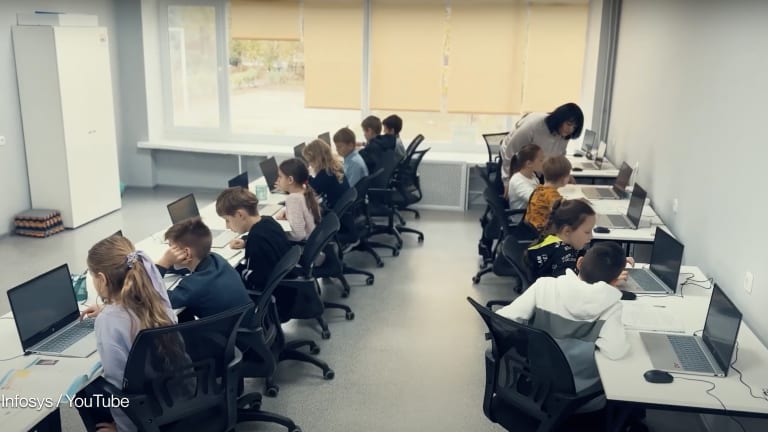The Nepalese earthquake, with its widespread devastation and rising death toll, has raised public concern and generosity. Sadly, this is likely to be short-lived until the next disaster, leaving humanitarian aid workers to prop up an increasingly shaky system.
It was to find solutions to dilemmas like this that the first World Humanitarian Summit in May 2016 in Istanbul, Turkey, has been called for. U.N. Emergency Relief Coordinator Valerie Amos, who heads the U.N. Office for the Coordination of Humanitarian Affairs, believes radical changes are needed to disburse funds and support for humanitarian disasters, as needs have more than doubled in the past decade, reaching “unprecedented levels.”
This summit promises to be different from previous U.N. meetings, in that it is not an intergovernmental process, so member states are not obliged to negotiate a final outcome. There is a very broad consultation process bringing together all those concerned with delivering humanitarian aid: governments, nongovernmental organizations, civil society organizations, intergovernmental bodies, business, those affected and the military.








